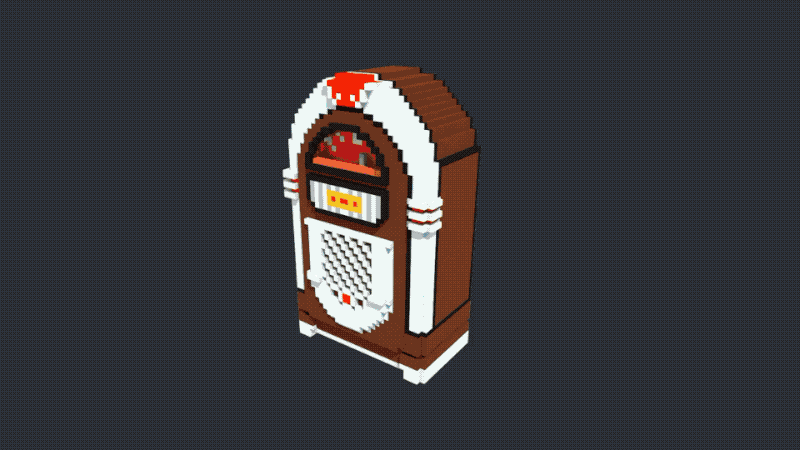Animoca Brands raises $3.6m, partners up with South Korean tech giants for blockchain rollout of The Sandbox
Tech
Tech
Special Report: Online gaming company Animoca Brands has raised US$2.5m (A$3.6m) from a utility token sale ahead of a blockchain rollout for The Sandbox, its popular user generated content game franchise.
The Sandbox – wholly owned by Animoca Brands — has made strong inroads into the lucrative market for user-generated content (UGC) gaming platforms, with over 40 million downloads and 1.2 million monthly active users.
Now, Animoca Brands is working on a blockchain version of the popular game, including a decentralised marketplace where users of The Sandbox can buy and sell in-game assets. And it has partnered up with two leading South Korean tech companies to build out investment and distribution.
This marks another important step as the company positions itself to capitalise on a key trend in the $190 billion global gaming market – user generated content. Animoca brands will use blockchain technology and non-fungible tokens (NFTs) to facilitate in-game purchases and foster ownership of digital assets in The Sandbox, with the aim to take user creation to the next level.
The US$2.5m investment was led by Hashed — a South Korean crypto asset management company with offices in Seoul and San Francisco – with contributions from more than five tech firms from across Asia and Europe.
Funds were raised through two transactions – the purchase of “SAND” utility tokens used inside The Sandbox game, and an agreement which allows for the purchase of a future equity stake in TSB Gaming, the subsidiary of Animoca Brands that directly owns The Sandbox.
40 percent of the money raised was cash, with the remainder being Bitcoin.
Among the group of investors in the deal was Klaytn PTE Ltd, a blockchain subsidiary of Kakao – the largest instant-messenger platform in South Korea with 50 million active monthly users and a market cap of US$9.2 billion.
To drive awareness in key markets, Animoca Brands is also opening a new distribution channel by making the game available on Klaytn’s Main Net blockchain network.
Animoca Brands chairman Yat Siu said that the participation of a number of leading blockchain companies is a clear validation of the company’s blockchain strategy:
“We are honoured that domain-expert companies such as Hashed and Klaytn, among others, have chosen to join us in this raise.”
The Sandbox has built up a strong user-base, and the popularity of UGC games platforms means the potential market opportunities are particularly attractive.
For example, Minecraft – which has around 90 million active monthly users – was sold to Microsoft for US$2.5 billion.
Having taken ownership of The Sandbox in August 2018, the game franchise now provides Animoca Brands with another strong platform to further establish itself as a market leader in blockchain gaming and digital asset ownership.
“Animoca Brands intends to capitalise on the popularity of UGC gaming by giving players the added benefit of true digital ownership over their UGC creations,” the company said.
“All assets in The Sandbox will be non-fungible tokens (NFTs), allowing players to trade or sell them without restrictions.”
The SAND tokens will be used to facilitate NFT transactions within the game by serving as a virtual currency. SAND will be used to acquire land on which to build content, or purchase NFTs, or even create new and original NFTs for sale to other players.
This means that players of The Sandbox will have a vehicle to monetise their skills and time invested in the game by creating and selling NFTs within the game and on Animoca Brands’ partner e-commerce platforms.
The company plans to roll out its decentralised marketplace for The Sandbox in the last quarter of this year.
